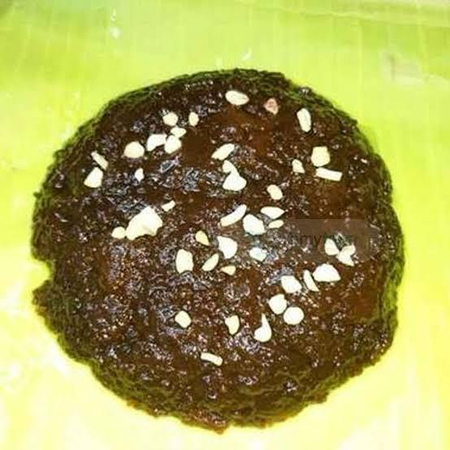

Chennai, Aug 4 (IANS) In a move to protect the state’s traditional delicacies and enhance market reach for local producers, the Tamil Nadu State Council for Science and Technology (TNSCST) has filed applications for Geographical Indication (GI) tags for two iconic products – the Madurai appalam and the Kilakarai Thothal halwa.
The applications were filed last week with the Geographical Indications Registry.
The GI tag for Madurai appalam has been jointly sought by the TNSCST and the Appalam Vadagam Morvathal Manufacturers and Sellers Association.
The application for Kilakarai Thothal halwa was filed in collaboration with the Kilakarai Chellakani Thothal Association. Madurai appalam is prized for its crisp texture, distinctive flavour, and traditional preparation techniques that rely on urad dal, rice flour, and select spices.
“The unique taste is enhanced by Madurai’s climatic conditions and the use of high-quality urad dal from Virudhunagar,” the GI application noted.
The papad-like snack is sun-dried using age-old techniques passed down through generations and made without artificial colours or additives. The appalam industry in Madurai supports over 50,000 people across 500 manufacturing units, generating nearly Rs 8 crore in revenue every week.
“The GI tag will help safeguard the identity of the product and provide economic benefits to thousands of families,” said S. Vincent, Member Secretary, TNSCST.
Apart from its popularity in India, Madurai appalam is exported to countries like Singapore, Malaysia, Mauritius, Thailand, Sri Lanka, Maldives, and several Gulf nations.
The Kilakarai Thothal halwa is a dark, moist sweet made with coconut milk, rice flour, palm jaggery, and cashew nuts.
According to the GI application, the recipe originated in Indonesia, travelled to Sri Lanka, and was introduced to Kilakarai in Tamil Nadu through maritime trade routes centuries ago.
Locals in Kilakarai adapted the recipe using regionally sourced ingredients, particularly coconuts and palm jaggery.
Tamil folklore traces the halwa’s roots back to the 17th-century Vallal Seethakathi era.
Known for its long shelf life of over a month, the halwa is now poised for international recognition.
“The GI tag will help position this heritage sweet in global markets,” a TNSCST official said.
With these two applications, Tamil Nadu aims to add to its growing list of GI-tagged items. So far, 58 unique products from the state have received GI tags — the highest for any state in India — including the Kancheepuram silk saree, Thanjavur doll, Salem mango, and Chettinad kandangi saree.
–IANS
aal/dpb
